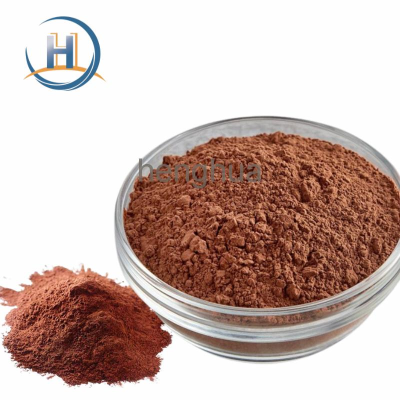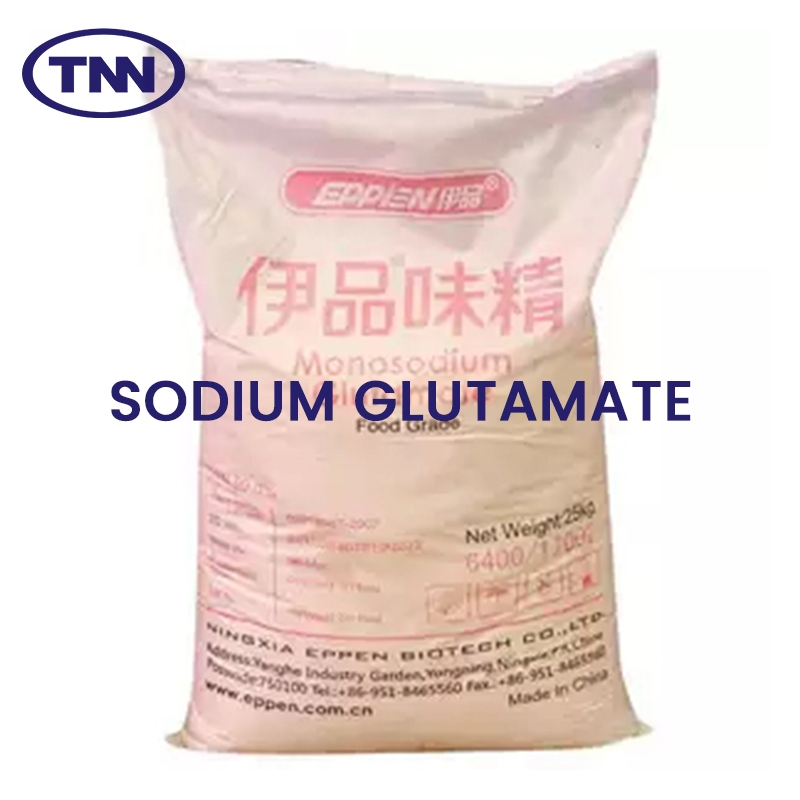-
Categories
-
Pharmaceutical Intermediates
-
Active Pharmaceutical Ingredients
-
Food Additives
- Industrial Coatings
- Agrochemicals
- Dyes and Pigments
- Surfactant
- Flavors and Fragrances
- Chemical Reagents
- Catalyst and Auxiliary
- Natural Products
- Inorganic Chemistry
-
Organic Chemistry
-
Biochemical Engineering
- Analytical Chemistry
-
Cosmetic Ingredient
- Water Treatment Chemical
-
Pharmaceutical Intermediates
Promotion
ECHEMI Mall
Wholesale
Weekly Price
Exhibition
News
-
Trade Service
Recently, the multinational fast-moving consumer goods company Unilever officially announced that it will sell its global tea business to CVC Capital, a private equity and investment consulting firm, in a cashless and debt-free manner at a price of 4.
Lipton tea sales growth slows
In the Chinese market, the most famous tea brand is Lipton
So why did Unilever want to sell the Ekatra tea business? In fact, there were rumors of selling the traditional tea business as early as 2019.
It is reported that John Davidson will continue to serve as its CEO (appointed in April this year) after Ekatra's "solo" from Unilever
Euromonitor data shows that although the sales of Lipton, BrookeBond and PGTips under Unilever reached US$3.
Referring to the overall performance of the tea business, CEO Qiao Anlu revealed the reason for the sale of the tea business.
Since 2020, the spread of the new crown pneumonia epidemic has had a big impact on the global tea revenue, causing more slow-growing brands to gradually reveal signs of single channels, aging brands and changing consumer groups.
Unilever CEO Qiao Anlu said that the evolution of the portfolio towards high growth is an important part of Unilever's growth strategy.
CVC managing partner Pev Hooper said Ekatra was a "great business" built on "a strong foundation of leading brands" and described the tea market in which it operates as attractive and competitive We are well positioned to accelerate growth in the future and look forward to working with this team and realizing its full potential
Tea bag brand battles the "Red Sea"
In the world tea market, although China is the birthplace of the world's tea, when it comes to tea brands, there was a saying in the domestic tea industry that "10,000 tea companies cannot compare to one Lipton", and Lipton has maintained a strong presence in the Chinese market in recent years.
Lipton entered China in 1992, and in just five years, it has achieved the top sales and market share of tea bags in China
In fact, unlike Unilever, which needs to address slowing growth at the global level, its tea business is still in a developing phase in the Chinese market
Judging from the current situation of market consumption, with the acceleration of people's life rhythm, tea bags have become an important part of the world's tea consumption.
According to iiMedia Research’s survey data, compared with 210 million yuan in 2015, China’s online tea bag market has grown by 155.
In recent years, new consumer brands have been pouring into this track.
Therefore, Lipton's parent company, which was bought by CVC Capital, is facing many new competitors in the Chinese market
(Comprehensive arrangement by Yuan Guofeng)
"China Food News" (version 07, November 25, 2021)
(Editor-in-charge: Yuan Guofeng)







